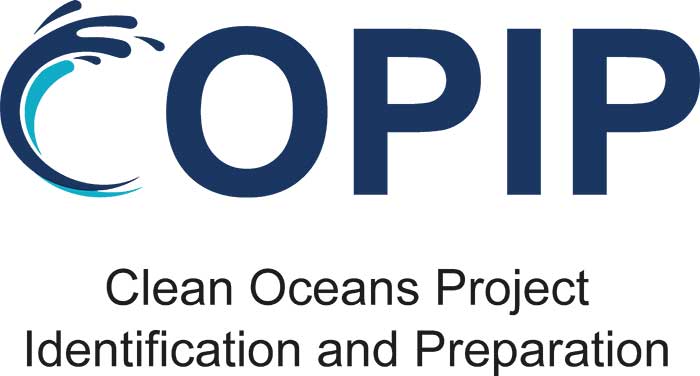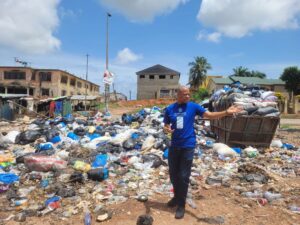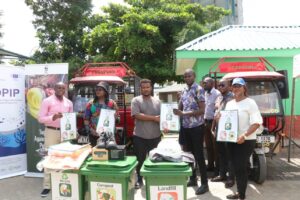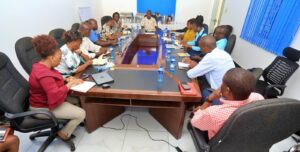Location: Tanzania, Tanga City Council, (TCC).
Client: Tanga City Council (TCC)
What is the challenge: The city of Tanga is located on the coast of the Indian Ocean, bordering Kenya. Major exports from the port of Tanga include sisal, coffee, tea, and cotton. Tanga is also an important railroad terminus, connecting much of the northern Tanzanian interior to the sea. It is understood that solid waste collection in Tanga is currently carried out sufficiently in the central wards but is not done at all for the outer wards. There is no separate collection of biodegradable or compostable waste. The newly built and state of the art Mpirani landfill (financed by World Bank in 2018) is approximately 20 km out of town with high transportation costs. It is assumed that the trucks discharge the waste somewhere else closer to the city to save transportation costs and driving time. Tanga has a central sewerage lagoon close to the ocean, but this treats only a minor part of the town’s wastewater, namely from the Central Business District (CBD), which is about 17%. Most households are served by septic tanks, which are supposed to be emptied on regular basis.
Our Intervention: The Tetra Tech COPIP Consortium is providing technical and financial support to the Tanga City Council (TCC) to implement the “Towards-zero waste model” for Tanga City. A Pre-feasibility study for the project is being conducted by the COPIP Consortium. A site visit was held in March 2021 to engage more with Tanga City on the project.

Proposed interventions include:
- Develop an action plan for Zero Waste in Tanga.
- Set up a towards-zero waste office & shop in Tanga.
- Applying the UNHABITAT waste wise cities or GIZ tool.
- Prepare the 12 wards for community approach.
- Implement a pilot project in cooperation with Tanzania Forest Service Agency (TFS) & KFA (Kenya Forest Association).
- Utilize the natural Mangroves Forests as a plastic retention Filter and establishing a plastic bottle recycling hub with hot wash, flaking and fibre production.
Benefits of our intervention: The project addresses two components, the waste component and the water and sanitation component.
- The project will improve waste collection rate and will allow to reduce plastic and other waste leakages to the Tanga rivers and the Ocean.
- It will establish a more circular economy approach to managing resources and waste and create local employment by involving local communities, reduce negative impacts on the climate and protect natural resources.
- COPIP is also proposing sustainable waste handling measures in the new harbour. The intervention will therefore lead to a clean and healthy environment by reducing amounts of plastic being washed into the sea and reducing the risk of water contamination.
- The intervention will also contribute to the implementation key policy frameworks such as the Tanga City Master Plan 2016-2036, Tanga SWM Recycling & Composting (2014), Environmental Management (Solid Waste) Regulations, 2009, National Environmental Policy (2007) and the National Environment Management Act No. 20 of 2004.
- It will contribute to the Clean Oceans Initiative objectives because the project will focus on the waste management and the water and sanitation components.







